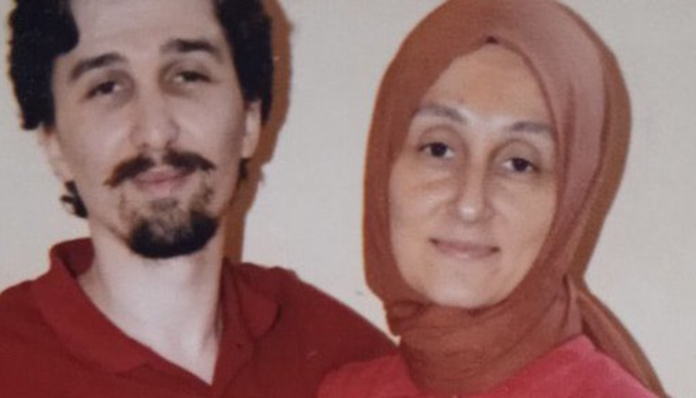Turkish prison authorities have denied parole to Saadet Bulun and Emre Bulun, a couple imprisoned since 2018 over alleged links to the faith-based Gülen movement, despite their eligibility for release, the Bold Medya news website reported.
Both were sentenced to eight years in prison and became eligible for parole on January 10, but their applications were rejected by the board that decides on release at the Kütahya T Type Prison, which has facilities for both male and female inmates. Their appeals to an “execution judge,” responsible for reviewing prison authorities’ decisions, were also denied.
The board’s decisions came despite their “good behavior” scores, 66 for Saadet Bulun and 64 for Emre Bulun, which typically indicate eligibility for early release.
In Turkey’s prison system, inmates accumulate good behavior points based on their compliance with prison regulations, participation in rehabilitation programs and overall conduct. Scores range from 0 to 100, with higher numbers reflecting better behavior.
While there is no officially disclosed minimum threshold for parole eligibility, inmates with scores above 60 are often considered for conditional release. However, administrative observation boards, which review cases, have broad discretion in determining parole outcomes. These boards, established in 2021, have faced criticism for delaying or denying the release of political prisoners.
Saadet Bulun was convicted primarily based on witness testimony alleging she had worked at an institution linked to the Gülen movement shut down by a government decree (KHK) following a coup attempt in 2016.
Turkish President Recep Tayyip Erdoğan has been targeting followers of the Gülen movement, inspired by the late Muslim cleric Fethullah Gülen, since the corruption investigations of December 17-25, 2013, which implicated then-prime minister Erdoğan, his family members and his inner circle.
Dismissing the investigations as a Gülenist coup and conspiracy against his government, Erdoğan designated the movement as a terrorist organization and began to target its members. He intensified the crackdown on the movement following the coup attempt in 2016 that he accused Gülen of masterminding. Gülen and the movement strongly deny involvement in the abortive putsch or any terrorist activity.
The Turkish government accepted such daily activities as having an account at or depositing money in a Gülen movement-affiliated bank, working at any institution linked to the movement or subscribing to certain newspapers and magazines as benchmarks for identifying and arresting tens of thousands alleged members of the movement on charges of membership in a terrorist organization.
The couple has faced significant hardship while incarcerated. Saadet Bulun lost her father during the COVID-19 pandemic but was informed of his passing only a month later. She also suffered serious dental issues that left her dependent on fellow inmates for help eating her meals. Emre Bulun underwent an appendectomy while in prison.
Their families, citing financial constraints and travel difficulties, have struggled to visit them.
“They have been behind bars since the second month of their marriage. They have no one to support them,” a relative said.















